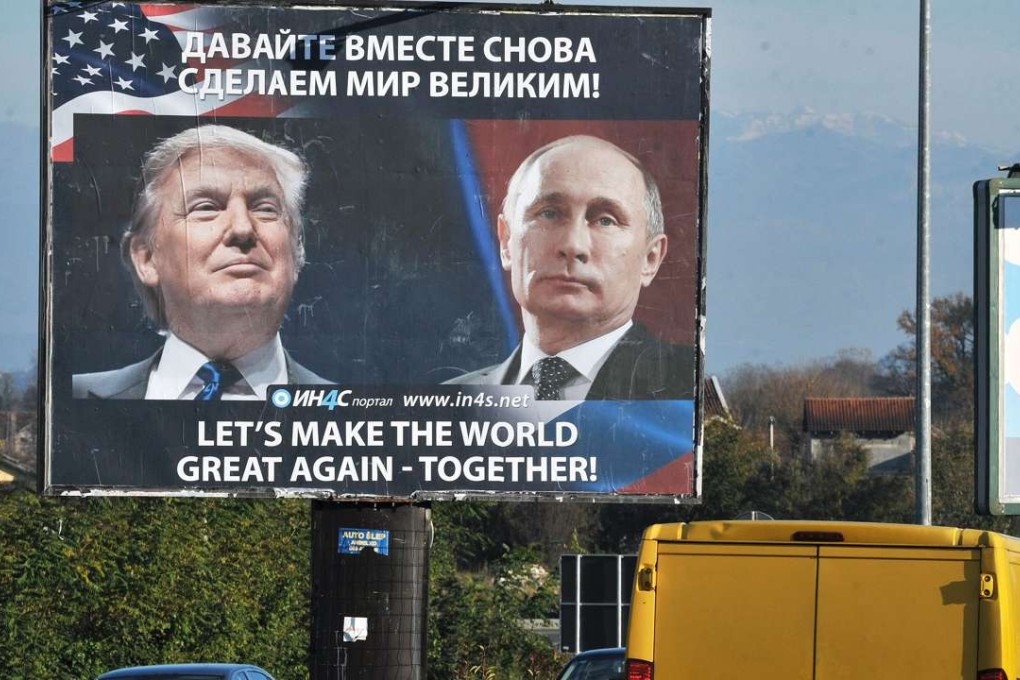China’s pragmatic approach to Trump’s victory is a worthy lead for others to follow
Keyu Jin sees Confucian wisdom in China’s prudently neutral response to Trump’s winning the White House, as bilateral relations are unlikely to be fundamentally transformed

Yet, prudence flows through China’s Confucian veins. Rather than jump to conclusions about future US policies, much less take premature action, China’s leaders have remained neutral in their response to Trump’s victory. They seem confident that, though the relationship will change somewhat, it will not be fundamentally transformed. It will still be neither very good nor very bad.

Under Donald Trump, the US will accept China’s rise – as long as it doesn’t challenge the status quo
It helps that Trump has all but ceased China-bashing since his victory. Instead, he posted on Twitter a video of his granddaughter reciting a poem in Putonghua, which became an instant hit in China. Whether intended explicitly as a message to China or not, the move highlighted the possibility of a difference between Trump’s campaign rhetoric and his actual positions and plans.
